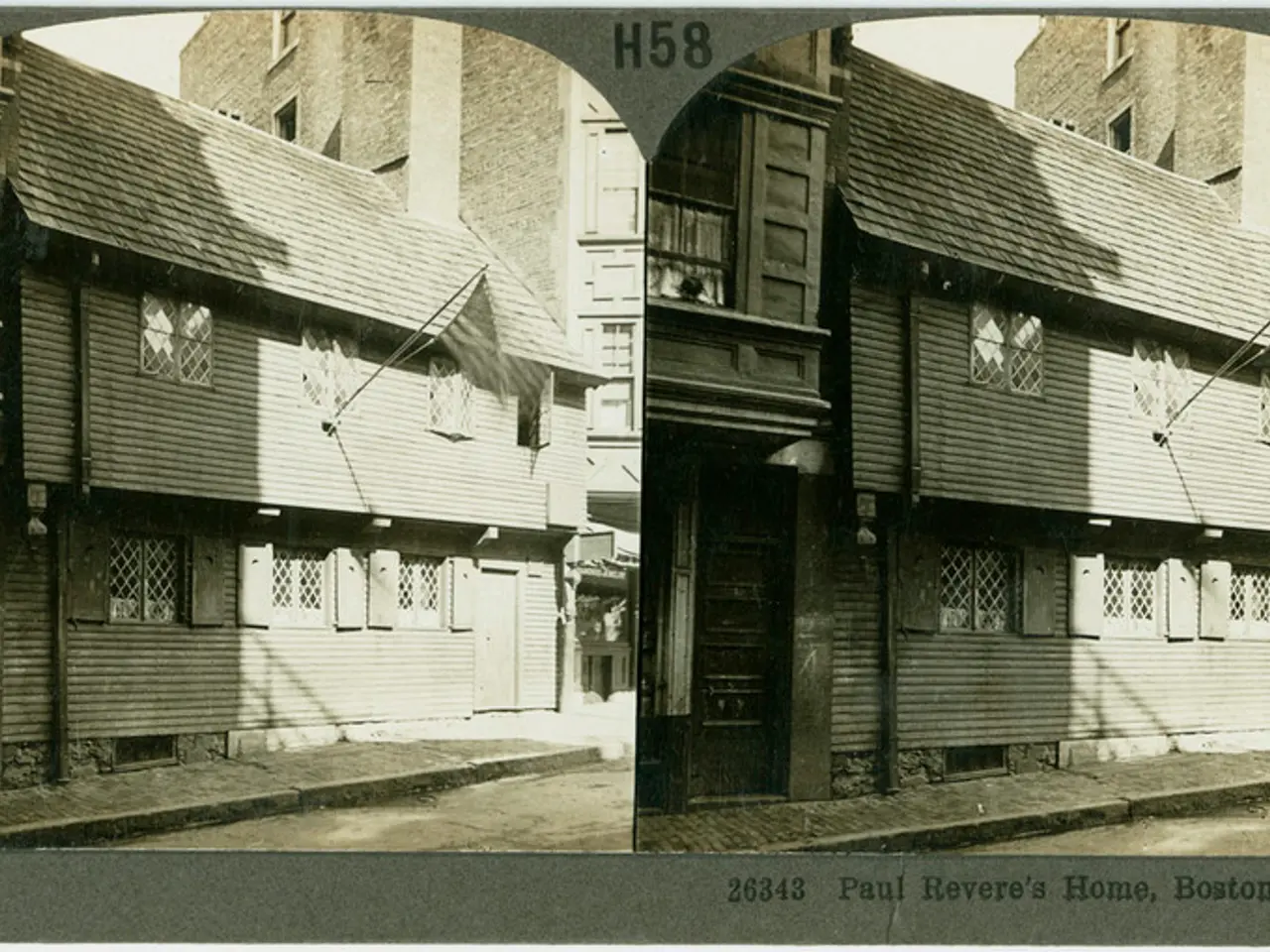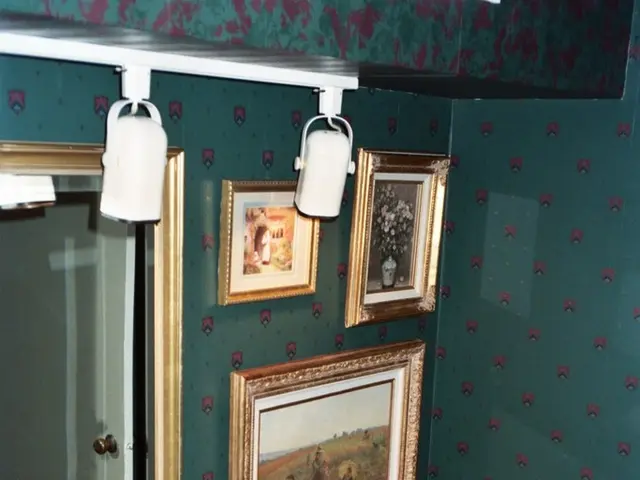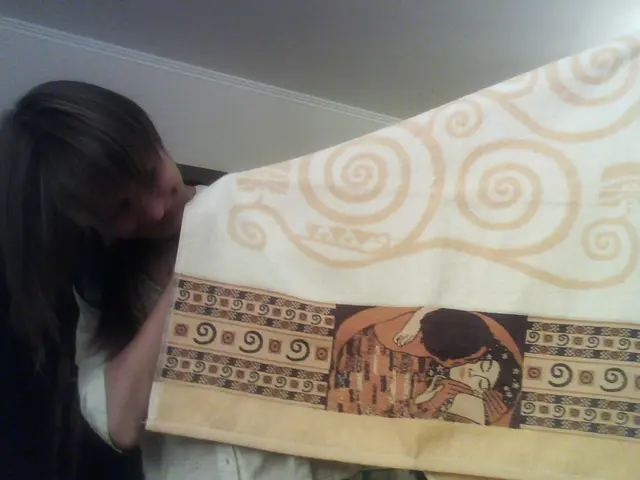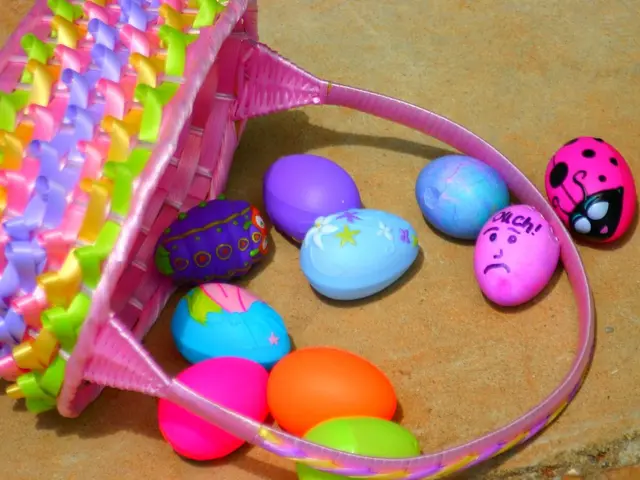Regensburg's Decade-Long Pursuit of Inclusive Housing Development
Nestled in the heart of Regensburg, close to the Danube, lies St. Klara - a residential complex that stands as a testament to social diversity and communal living. Launched by KJF (Catholic Youth Welfare) Regensburg 10 years ago, the St. Klara project has become a significant landmark in the city, offering affordable housing options to over 50 residents.
St. Klara serves not just as a place to live, but also as a cultural and meeting place. The complex, which is located on the grounds of the former Klarissenkloster, has been transformed into an inclusive model project, thanks to a favorable purchase price and targeted funding.
The project's key features include social diversity, affordable housing, and a strong emphasis on community impact. It integrates people from various socio-economic, cultural, and generational backgrounds, providing housing at costs below typical market rates, particularly targeting families, individuals with limited income, and socially vulnerable groups.
The financing of the project is supported by a combination of public subsidies, church funds, low-interest loans, and private donations. KJF Regensburg invested around 12 million euros in the project, while St. Klara received additional support from organisations such as Stiftung Für junge Menschen (100,000 euros), Aktion Mensch (110,000 euros), and two KfW loans for energy-efficient renovation and age-appropriate conversion.
Among the residents are 18 people with disabilities, three of whom are in the mobile assistance program. The complex also provides housing for single mothers with children from the Haus Mutter und Kind facility. In the past, young migrants and men with a refugee background have also found a home in St. Klara.
The apartments and units in St. Klara range in size from 35 to 155 square meters. The complex is also home to the Galerie St. Klara, which hosts inclusive exhibitions, and the comprehensively renovated Kirche St. Matthias, which is used for services and is supported by the Romanian Orthodox parish.
The St. Klara project's commitment to social care infrastructure is evident in its ongoing support for children and youth in the region, such as the recent acquisition of a new Kleinbus for youth welfare in Freising. Although specific achievements or metrics of the project are not readily available, the sustained commitment of KJF Regensburg to social care infrastructure suggests a positive impact on the community.
For more precise details about the St. Klara project, such as project scales, exact financing models, or post-completion social impact studies, official project reports or direct KJF Regensburg publications would be necessary. However, the project's focus on social diversity, affordable housing, and community impact, as well as its tangible results, make it a notable example in the social and affordable housing sector.
The lifestyle at St. Klara, a home-and-garden for diverse residents, is shaped by communal living and inclusivity. This home-and-garden complex, with its cultural events and exhibitions, serves as a meeting place for people from various socio-economic, cultural, and generational backgrounds.




